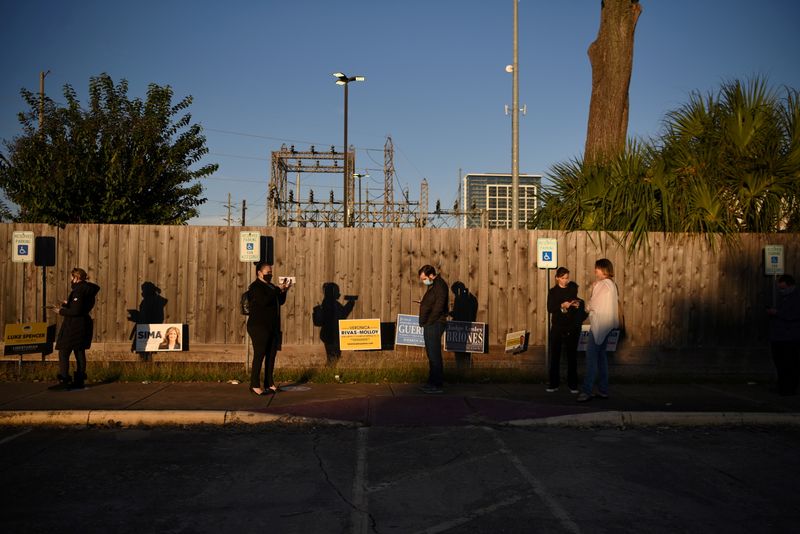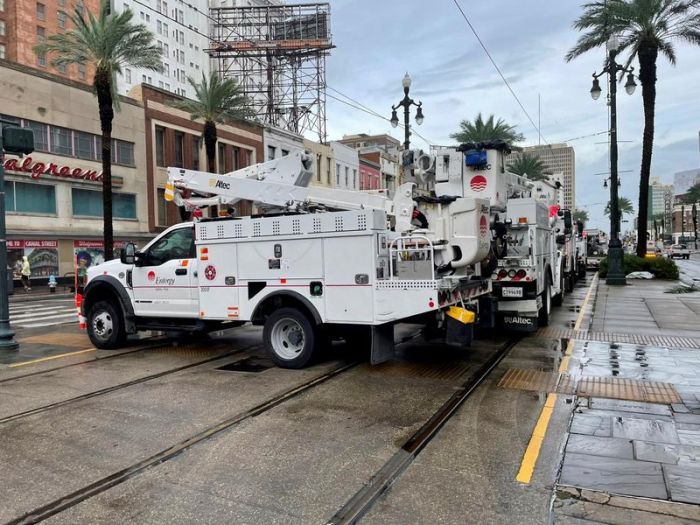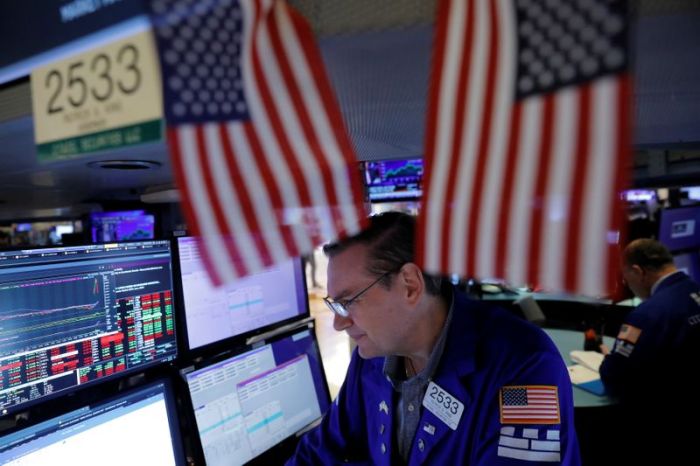LUBBOCK, Texas (Reuters) -The Texas legislature on Tuesday passed the final version of a bill restricting voter access that sparked a weeks-long political showdown and is expected to be quickly signed into law by the state’s Republican governor.
Both the state House of Representatives and state Senate – each controlled by Republicans – approved the measure that would outlaw drive-through and 24-hour voting locations and add new identification requirements for mail-in voting.
It would also prevent election officials from sending out unsolicited mail-in ballot applications and empower partisan poll-watchers.
Republicans across the United States have pushed similar legislation, citing former President Donald Trump’s baseless claims that voter fraud cost him the November election.
Democratic lawmakers and voting rights advocates have warned that the Texas bill would disproportionately hamper voters of color, a charge denied by its Republican backers.
Drive-through and 24-hour voting were innovations pushed through in the Houston metropolitan area in last November’s election, measures that local officials said drove the area’s record turnout.
“You can say this isn’t about the ‘big lie’ and all that. But it is,” said Senator Royce West, a Democrat, in speaking against the bill on Tuesday. “This wasn’t even on the agenda before Trump started talking about election integrity.”
The bill’s legislative approval came after dozens of Democratic lawmakers fled the state on July 12 to break the legislative quorum, delaying its passage for more than six weeks.
Texas Governor Greg Abbott pushed the bill. In a written statement shortly after it passed, he said the rules would make “it easier to vote and harder to cheat.”
“I look forward to signing Senate Bill 1 into law, ensuring election integrity in Texas,” Abbott said.
Senator Bryan Hughes, a Republican who authored the bill, rejected criticism that it aimed to suppress votes. He said Texas has more days of early, in-person voting than some Democratic-run states like New York, and his bill would for the first time allow people who make mistakes on mail-in ballots to correct them.
“Anyone who tells you there is no voter fraud in Texas is telling you a very big lie,” Hughes said on the floor of the Senate. “We know it happens. The right to vote is too precious – it cost too much for us to leave it unprotected.”
Democrats said that zero evidence of widespread voter fraud or enough to overturn any election was presented by Republicans in either chamber during debate on the measure.
State Senator Juan “Chuy” Hinojosa, a Democrat, said the bill was the latest chapter in a racist legacy of U.S. voter suppression measures, which he said are rolled out whenever it appears minorities may be gaining power.
He said that is the case in Texas, where census data released this month showed the state’s Latino population nearly equal with non-Hispanic whites, and forecast to surpass them by next year.
Democratic Representative Trey Martinez said those opposed to the bill would now take the fight to the courts.
“This law was written for one purpose – to stop certain people from voting,” Martinez said. “The minute the governor signs this into law, it will be met with fierce resistance in federal courts.”
(Reporting by Brad Brooks in Lubbock, Texas; Editing by Matthew Lewis, Chris Reese and Peter Cooney)























